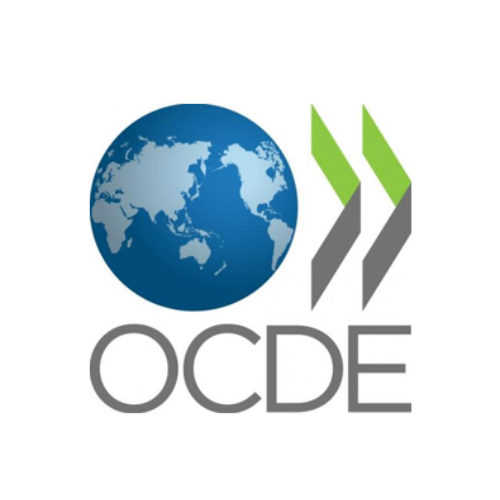Paraguay’s OECD Ambitions: A Bold Leap or a Long Road Ahead?
Paraguay has officially launched its bid to join the Organisation for Economic Co-operation and Development (OECD), marking a significant milestone in its quest for international recognition and institutional modernization. President Santiago Peña announced the move during the Latin American and Caribbean Forum organized by the OECD and the Inter-American Development Bank, stating that Paraguay is ready to “walk next to the nations that share the same transparency and inclusive development values”.
Why Paraguay Wants to Join the OECD
The OECD is often seen as a club of developed nations committed to democratic governance, market economies, and high standards of public policy. For Paraguay, joining the OECD would mean:
- International credibility: Membership would signal that Paraguay meets global standards in governance, transparency, and economic policy.
- Access to best practices: OECD members benefit from policy benchmarking, peer reviews, and technical assistance.
- Investment appeal: OECD status could attract foreign direct investment by reducing perceived risk and improving institutional trust.
Paraguay’s government has framed this move as part of a broader strategy to modernize its institutions, improve public services, and align with global development goals.
A Long History of Engagement
Paraguay’s relationship with the OECD didn’t begin in 2025. The country joined the OECD Development Centre in 2017, becoming part of a group that includes both member and non-member states. Since then, Paraguay has:
- Participated in OECD working groups.
- Adopted several OECD legal instruments.
- Hosted high-level visits and policy dialogues.
This gradual engagement laid the groundwork for the current accession bid, but full membership is a far more demanding process.
What OECD Membership Requires
Joining the OECD is not automatic. It involves a rigorous multi-year process that includes:
- Policy alignment: Paraguay must harmonize its laws and regulations with OECD standards in areas like taxation, anti-corruption, education, and environmental policy.
- Peer reviews: OECD committees will assess Paraguay’s performance across dozens of policy domains.
- Institutional reform: The country must demonstrate capacity for data collection, policy evaluation, and transparent governance.
President Peña’s term ends in 2028, and he has expressed hope that Paraguay could achieve membership within that timeframe. However, most countries take 5–10 years to complete the process.
Is Paraguay Ready?
While the ambition is commendable, several challenges could slow Paraguay’s path to OECD membership:
1. Institutional Weakness
Paraguay still struggles with bureaucratic inefficiency, limited digital infrastructure, and uneven public service delivery. OECD standards require robust institutions capable of implementing and monitoring complex policies.

2. Corruption and Transparency
Despite improvements, Paraguay ranks poorly on global corruption indices. The OECD demands strong anti-corruption frameworks, judicial independence, and transparent procurement systems.
3. Taxation and Fiscal Policy
Paraguay’s tax-to-GDP ratio is among the lowest in Latin America. The OECD emphasizes progressive taxation, efficient collection, and fiscal sustainability—areas where Paraguay must improve significantly.
4. Social Inclusion
OECD membership implies commitment to inclusive growth. Paraguay faces persistent inequality, limited access to quality education, and healthcare gaps that must be addressed.
What Paraguay Stands to Gain
If successful, OECD membership could transform Paraguay’s economic and political landscape:
- Improved governance: Adoption of OECD standards would strengthen institutions and reduce corruption.
- Economic diversification: Better policy frameworks could support innovation, entrepreneurship, and industrial growth.
- Global integration: Paraguay would gain a stronger voice in international forums and access to development financing.
Moreover, the OECD’s emphasis on data-driven policymaking could help Paraguay design more effective public programs and measure their impact.
Where Is Paraguay Really Headed?
While the OECD bid is ambitious, it’s also strategic. Paraguay is signaling its desire to move beyond its traditional role as a commodity exporter and low-tax jurisdiction. The country wants to be seen as a serious player in global governance.
However, the road ahead is steep. Real progress will depend on:
- Political will: Sustained commitment across administrations is essential.
- Civil service reform: Building a professional, merit-based bureaucracy is key.
- Public engagement: Citizens must understand and support the reforms required for OECD accession.
Paraguay’s OECD bid is a bold declaration of intent. It reflects a desire to modernize, integrate, and elevate the country’s global standing. But ambition alone won’t secure membership. The process demands deep reforms, political stability, and societal buy-in.
